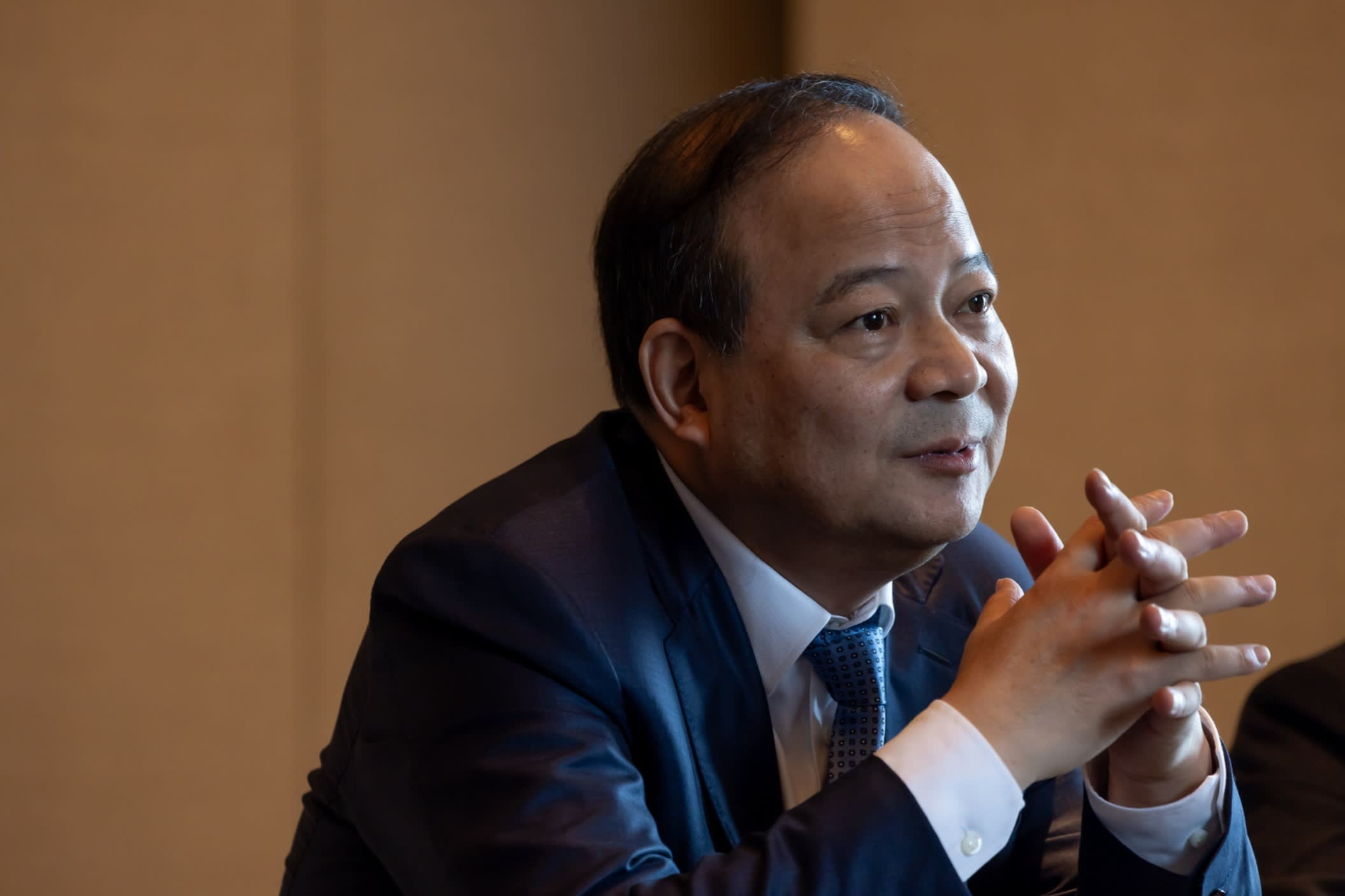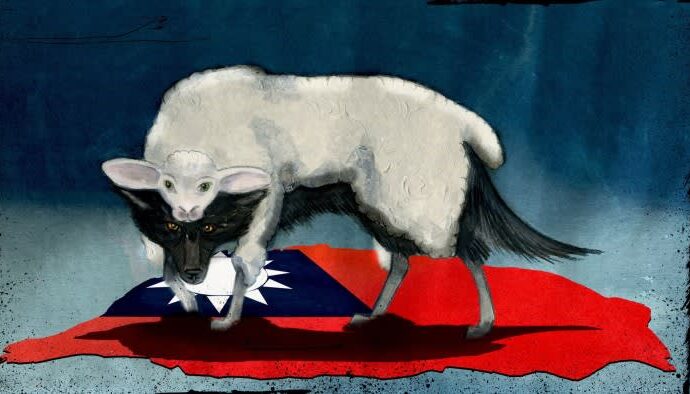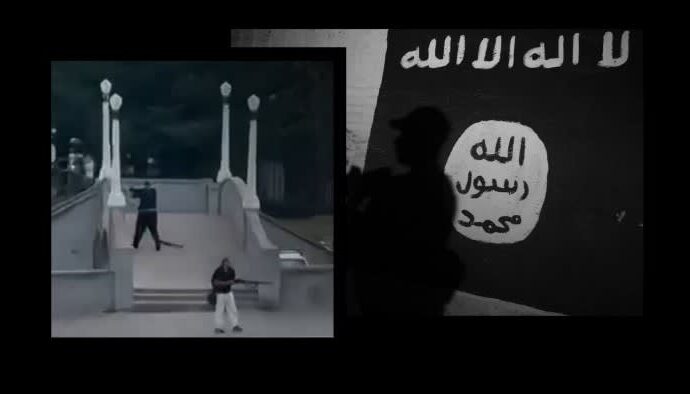Unlock the Editor’s Digest for free
Roula Khalaf, Editor of the FT, selects her favourite stories in this weekly newsletter.
Robin Zeng, the billionaire head of battery giant CATL, expects that half of all new trucks sold in China will be electric-powered by 2028, a forecast that heralds huge disruption for the global market in heavy goods vehicles.
In an interview with the Financial Times to mark CATL’s $4.6bn listing in Hong Kong, the largest in the world this year, Zeng said trucks powered by his batteries could cut cost per tonne-kilometre by 35 per cent compared with those fuelled by gasoline.
Zeng’s claims suggest traditional truckmakers such as Sweden’s Volvo and Germany’s MAN and Daimler could soon encounter a wave of intense Chinese competition of the sort that has swept through the market for passenger cars.
CATL has signed up more than a dozen Chinese truckmakers, which have already produced 30 different electric-powered models, to use a standardised battery it calls a “Number 75”. It is building a network of stations where the batteries can be swapped out for recharging.
“Why is this so attractive for people? Number one, the battery is not owned by the customer now, they just rent it. So the purchasing cost for a truck is dramatically reduced,” said Zeng.

The batteries could be swapped out in five minutes, he said, compared with six-and-a-half minutes to fill a truck with diesel. When the truck is not full, it can run with only one battery instead of the three it needs for a full load, further reducing cost.
While there are still big obstacles to electrifying trucks, including the need to roll out a nationwide battery-swapping network, Zeng’s claims on cost and his success in building the world’s dominant battery supplier give his forecast unusual credibility.
In the first quarter of 2025, about 14 per cent of trucks sold in China were plug-in hybrids, fully-electric or hydrogen-powered, according to data from the China Passenger Car Association.
Zeng also touted CATL’s new “dual-power batteries”, which combine two different battery chemistries in an attempt to give vehicles the best features of both, such as fast-charging, long-range or low cost.
He demonstrated the design by placing his cigarette packet and matchbox together, saying the technology would directly challenge plug-in hybrid and extended-range electric vehicles that have batteries and a backup internal combustion engine.
“You can really combine them to avoid a performance problem,” Zeng said. “In this world, why gasoline? You just have a battery and another battery.”
Ahead of Tuesday’s listing, investor concerns about CATL centred on how it might be affected by US President Donald Trump’s trade war with China.
Zeng said the company’s battery factories were working at 98 per cent of capacity as customers clamoured for supplies before the end of a 90-day tariff truce between the US and China.
After US and Chinese officials agreed their deal at a meeting in Geneva a week ago, CATL was immediately inundated with calls to “ship, ship now”, said Zeng, in a sign of the disruption to supply chains from the on-again, off-again US tariffs.
Zeng’s remarks illustrate the strength of US demand — and lack of alternative supply — for Chinese batteries.
The company plans to use the proceeds of its Hong Kong share offering to help it build a €7.3bn factory in Debrecen, Hungary, adding to its €4.1bn joint venture with Stellantis in Spain and existing €1.8bn factory in Thuringia, Germany.
Following the collapse of Sweden’s Northvolt, once regarded as Europe’s best hope of competing in a battery industry dominated by China, Zeng said CATL was in talks with two European groups to “help them change the wrong technology road map to the right one”. He declined to name the companies.
He said building a UK factory would be “too expensive” and the country lacked potential customers, but CATL remained “very open-minded” to locations in Europe. “If the customer has some preference, we will follow them,” he said.
CATL rode the wave of China’s EV boom, and today controls more than one-third of the market for EV and energy storage batteries. However, Zeng stressed that the company had to keep innovating to stay on top.
“[In] every area we are more advanced than other people. Add it up together and it becomes a huge strength,” Zeng said.


